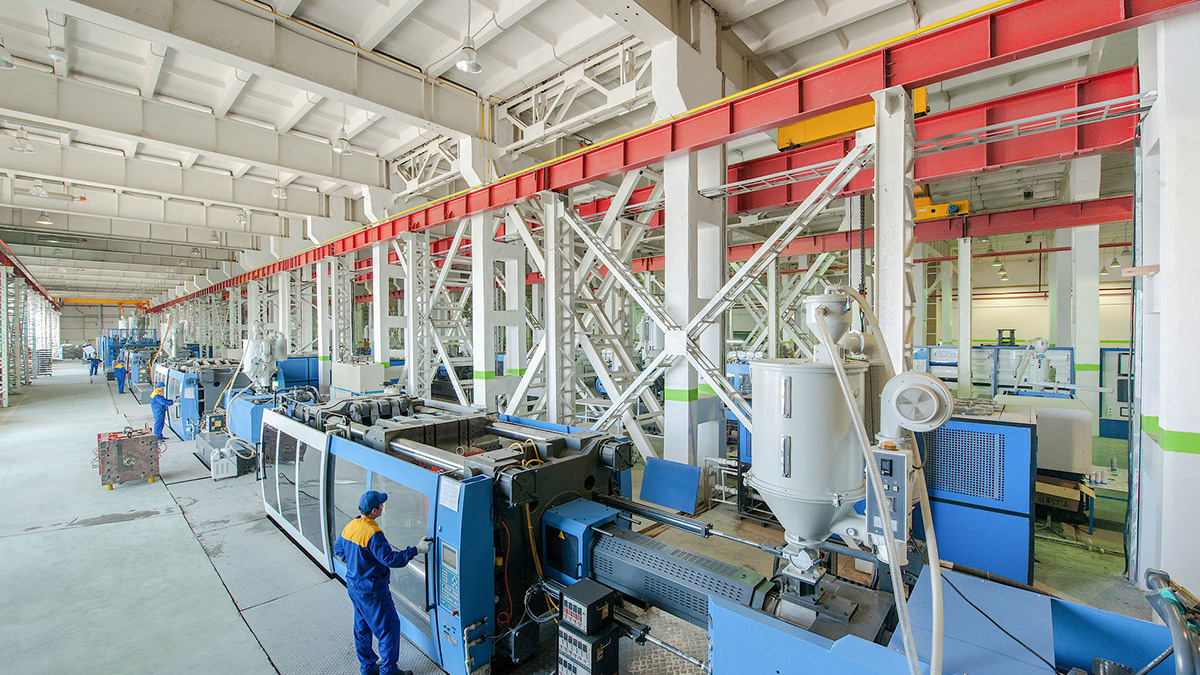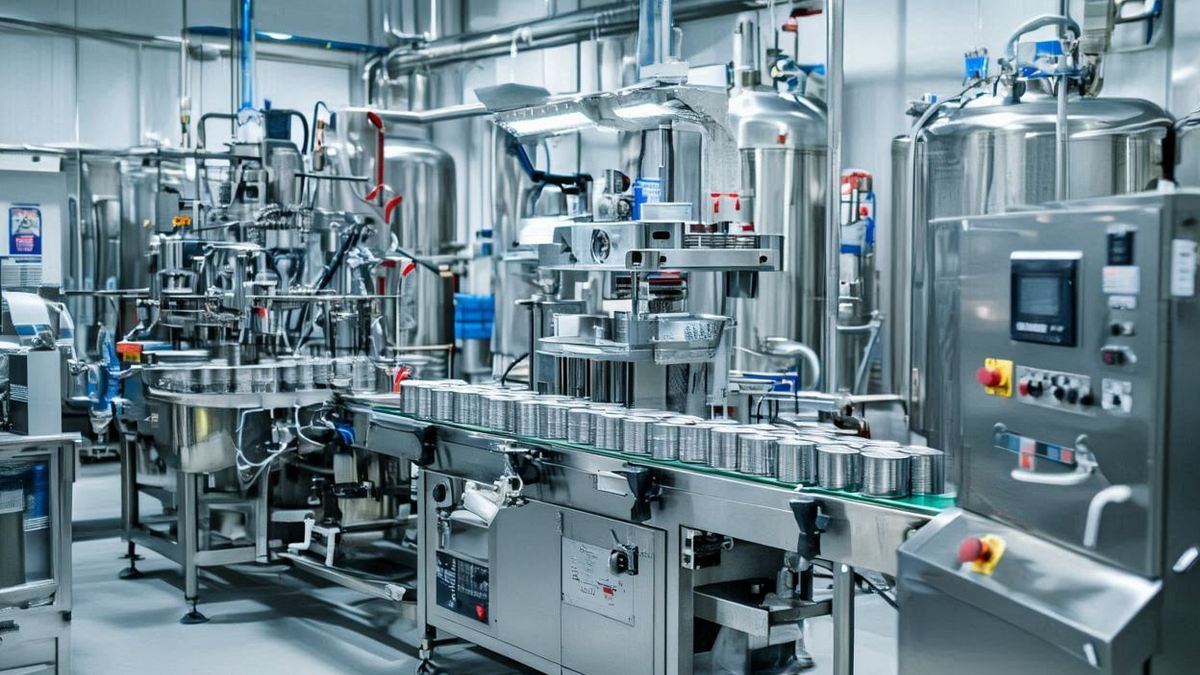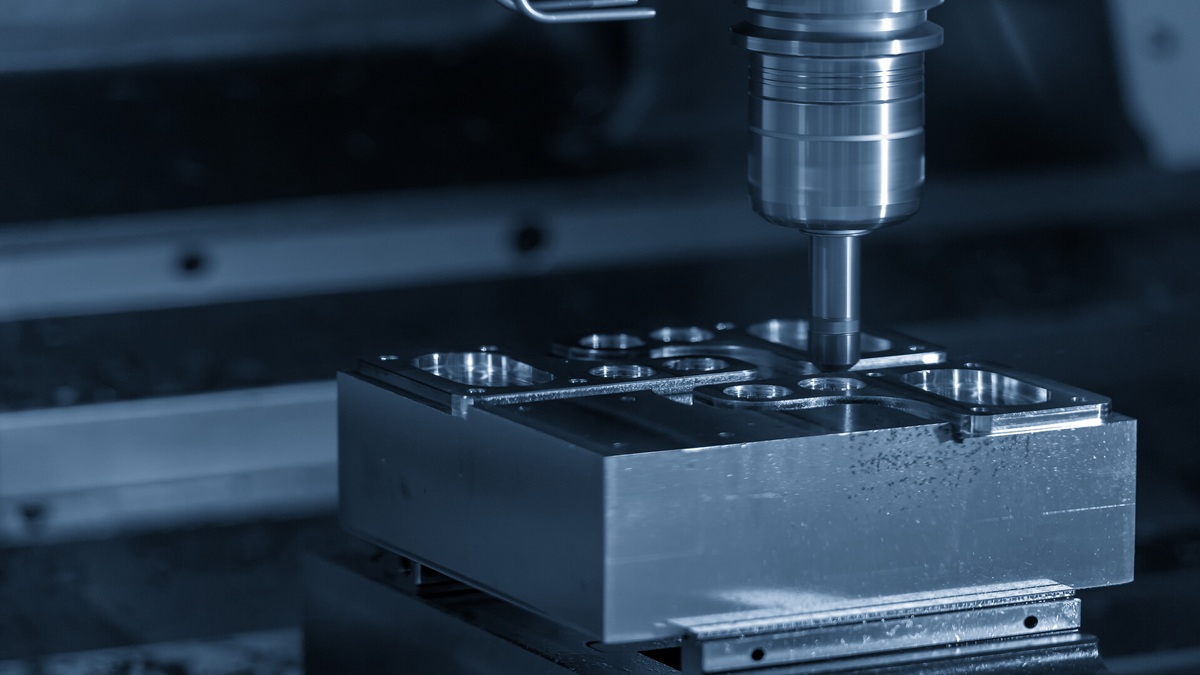Turkey is the 17th largest economy in the world and the 6th largest economy in Europe due to its geographical advantage. Turkey's domestic demand market is huge, and its future development potential has attracted much attention.
Turkey's economic situation:
Turkey's economy is growing rapidly, with an annual growth rate of 8.9%, ranking first among European countries and OECD countries, and second only to China in the world.
Turkey's economy is huge, with the construction, manufacturing, and retail sectors performing the best, with an annual economic growth rate of 8.5%. In terms of trade policy, the Turkish government expects to become one of the world's top 10 economies, with an export volume of US$500 billion, by 2023. The plastics industry is one of the fast-growing emerging industries in Turkey, with an annual growth rate of 13.5% in output, and it has a considerable competitive advantage in the global market.
Turkey's machinery manufacturing industry currently accounts for 4.5% of the country's overall manufacturing industry. The main production items of the Turkish machinery industry include internal combustion engines, boiler burners, pulverizes, construction machinery, heavy industry machinery, plastic machinery, rubber machinery, machine tools, cutting machines, woodworking machines, steam engines, textile machines, food processing machines, sewing machines, refrigerators, and washing machines. There are more than 1,000 manufacturers of machinery in Turkey.
Turkey's plastic consumption has reached 7.5 million metric tons, and it is estimated that there is still room for more than 15% market growth in the next few years. The total annual output of Turkey's plastics industry has exceeded 9 million metric tons, with an output value of US$34 billion, ranking second in Europe and sixth in the world.
The development scale of the Turkish plastics market:
Due to the high demand for plastic machinery in Turkey, the rapid development of the local plastic industry has been driven. According to the statistical report of the Turkish Plastic Industry Foundation, from 2015 to 2021, the average investment of Turkish manufacturers in plastic machinery and equipment reached US$800 million, with an average annual growth rate of 2.1%. The equipment purchased and invested in includes plastic injection molding machines, plastic extrusion machines, plastic thermoforming machines, blow molding machines, and related components. In 2020, the value of plastic processing machines manufactured domestically in Turkey's was 462 million US dollars. Turkey's manufacturers purchased 870 million US dollars’ worth of plastics equipment, of which 69% was imported. Turkey imported plastic machinery worth 603 million US dollars, and exported 195 million US dollars.
In terms of imports of plastic machinery, the compound annual growth rate from 2015 to 2020 was 0.7%. Of the processing machines imported, 32% was for stamping machines, 32% for injection molding machines, 21% for plastic extrusion machines, 5% for blow molding machines, 5% for plastic heaters, 2% for completed machines, and 8% for components. The top 10 importing countries in 2020 accounted for 93% of Turkeys total imports. The top three were China, Germany, and Italy.
In terms of exports, the compound annual growth rate from 2015 to 2020 was 6.8%. Of the 195 million US dollars’ worth of plastics machines exported in 2020, 43% of was for stamping machines, 19% for plastic extrusion machines, 8% for plastic thermoforming machines, 7% for injection molding machines, 3% for blow molding machines, and 20% spare parts. The top 10 exporting countries accounted for 49% of total exports, with the top three being Germany, Russia, and Iran.
Turkey's plastic machinery is still highly dependent on imports, especially injection molding machines, of which 90% are imported, and plastic extrusion machines and blow molding machines of which 80% are imported. The overall proportion of plastic machinery imported is 57%.
If we compare the source countries of injection molding machines, plastic extrusion machines, blow molding machines, and plastic thermoforming machines respectively, in 2020, Taiwan accounted for 8.9% of Turkey’s imports of injection molding machines, 4.3% of plastic extrusion machines, 4.5% of blow molding machines and 10% of the plastic thermoforming machine, with the main competitors being China, Germany, and Italy.
Turkey market environment analysis:
- The most liberal, open, and progressive country among Muslim countries
- The Turkish people are enthusiastic and family-oriented, so they pay attention to relationships in business
- The Turkish people have a good face, rearrange the stage, and emphasize the concept of class
- Consumption polarization
- Long-term inflation
- The market sentiment fluctuates greatly
Advantages of investment environment analysis:
- Abundant and young workforce with lower wages
- No foreign exchange control, free capital flow
- Eurasian bridge, a springboard to enter Europe, Central Asia, Middle East, North
- Africa, and other markets
- Large population, huge domestic market
Disadvantages of investment environment analysis:
- Lack of electricity, electricity supply is not as good as population development, with occasional power outages
- The cultural and language differences are large, and daily life and business travel are inconvenient
- The government's administrative efficiency is low and the administrative procedures are complicated
- Foreign investors speculate on their stocks and house prices, resulting in a relatively high operating cost
Looking ahead to the plastics market in the future:
According to the five-year development plan promulgated by the Turkish government, major industries, including chemicals, pharmaceuticals, medical materials, electronics, machinery, and electrical equipment, automobiles, and rail system vehicles, are given priority for development projects in the national development plan for 2019 to 2023. Five major development advantages in Turkey include competitive production and efficiency, a stable and robust economy, good people and strong society, livable city conditions with a sustainable environment, and good governance with democratic rule of law. Turkey is a developing emerging market with a per capita GDP of only about US$8,600 in 2020. When Turkish businessmen purchase plastic machinery, price is usually an important consideration, which leads to Chinese machinery products holding the largest share of imports in the market. Compared with products from other major competitors in countries such as Germany and Italy, Taiwan's plastic machinery has a high value at competitive prices, so still has great growth potential in the Turkish market.
Looking forward to the Turkish economy after the epidemic, the emergence of deferred demand, the strengthening of consumer confidence, and the government's revitalization measures will jointly promote the "V-shaped recovery" of the local economy. If the pandemic is effectively controlled, the economy will show a strong performance. Keeping a close eye on Turkey's imports and exports of plastic machinery, actively promoting Taiwan's industrial transformations, promoting the complementary advantages of Taiwan and Turkey, and cooperating to create a win-win situation will be powerful driving forces to increase the market share of Taiwan's plastic processing machines in Turkey in the future.











.jpg)
.jpg)
.jpg)
